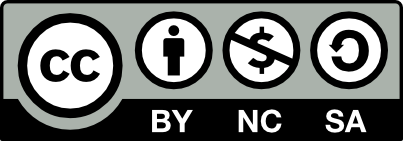Care of the Dying Patients: Doctors’ Pivotal Job.
Main Article Content
Abstract
Many diseases, esp. the chronic diseases, are incurable. That means that for a long time, doctors will be palliating the symptoms and when time comes, they would take responsibility for caring for dying patients. They should
therefore prepare themselves to have discussions with patients and their families, manage their symptoms, support their families, diagnose dying, manage symptoms at the end of life, work in multi-disciplinary team and make
decisions about withholding and withdrawing treatments to void patients’ burden.
Text: Although all doctors work hard to cure ailments and save lives, dying from incurable diseases remain a
basic fact of life. Despite the advent of modern treatments, most diseases in textbook remain incurable although
these are, at best, controllable. Examples include Ischaemic Heart disease, Heart failure, Renal failure and cancer. There are diseases which cause immense burden on patients and are therefore requiring long-term symptom management and nursing support.
In this view, managing terminal phase of incurable diseases and death itself remains a healthcare professional’s
responsibility. In industrialized world and some developing countries like India, Palliative care has taken up that
role but it is identified that providing palliative care is responsibility of all healthcare professionals (1).
Downloads
Article Details

This work is licensed under a Creative Commons Attribution-NonCommercial-NoDerivatives 4.0 International License.
Journal of Muhammad Medical College (J Muhammad Med Coll) belief that all researches are basically conducted for the benefit of humanity. Research is the product of an investment by society and consequently its fruits should be returned in a transparent fashion to all humankind without any discrimination.
Journal of Muhammad Medical College is an open access journal which means that all content is freely available without charge to users or / institution. When used non-commercially all users are allowed to read, download, copy, distribute, print, search, or link to full text articles in this journal without asking prior permission from the publisher or author as long as original author(s) are acknowledged.
Journal of Muhammad Medical College operate under Creative Common License CC-BY-SA that allow reproduction of articles free of charge, for non-commercial use only and with the appropriate citation information. All authors publishing with Journal of Muhammad Medical College accept these as the terms of publication.

This work is licensed under a Creative Commons Attribution-NonCommercial-ShareAlike 4.0 International License